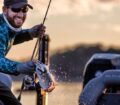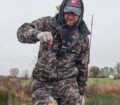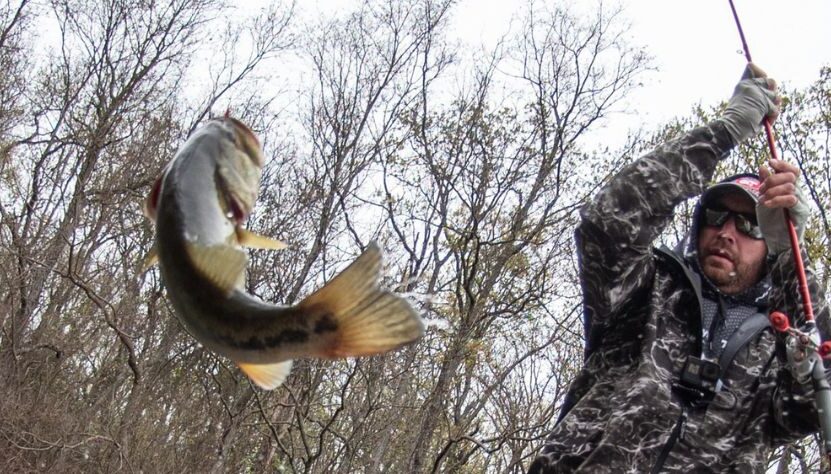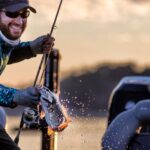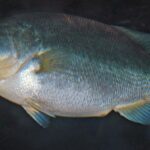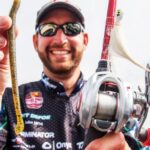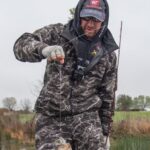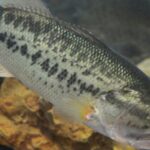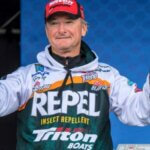Editor’s Note: Bass fisherman Ott DeFoe, 38 years old from Blaine, Tennessee, and winner of the 2019 Bassmaster Classic and ranked 14th on BassFan.com bass fished from the time he was 9 years old at Lake Okeechobee, Florida. He immediately loved the sport and has earned $3 million bass fishing today. DeFoe and his father fished bass tournaments for the next couple of years but went two years before receiving a check. He learned then that you could win a bass tournament if you didn’t quit. Regardless of the odds against you, you can win. We’re revisiting a bass tournament he fished where he once again proved that adage.
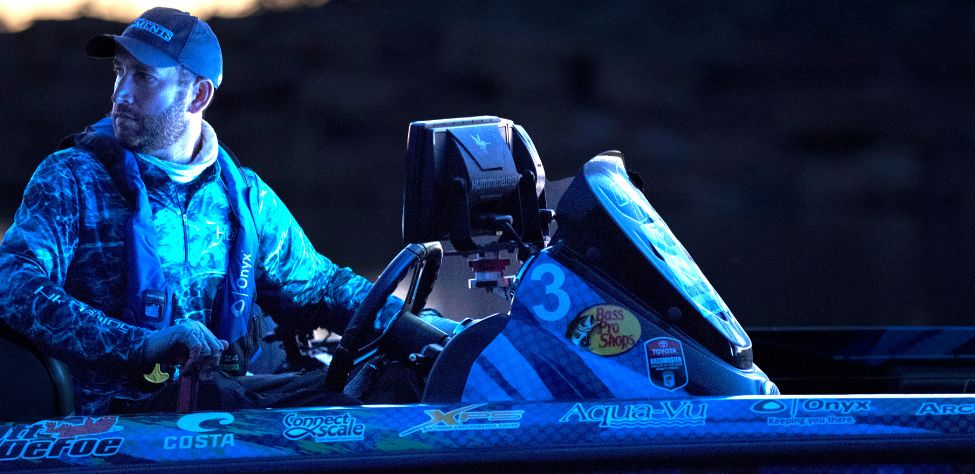
On the first day of competition in this tournament, we had quite a bit of wind, but the temperature was warm with plenty of sunshine. On the tournament’s first day, I went to one of the places I’d found, where I caught the most scorable bass with clear water and many hydrillas. However, those scorable bass only weighed 12 pounds that day. Out of my group of 40 competitors, I was in 28th place on Day 1. I was confused because the day before, I’d caught plenty of bass in this same spot under the same wind and weather conditions. I couldn‘t figure out what happened to that region that caused the bass not to be there.
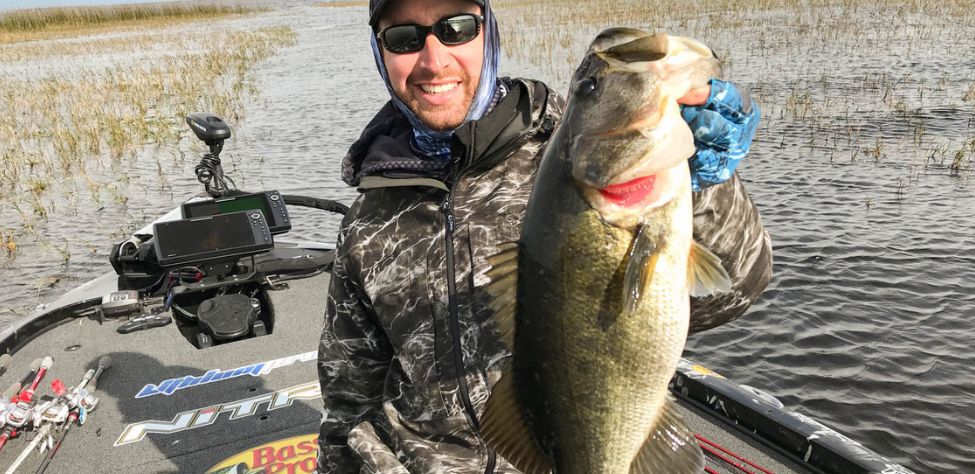
I’m sure many of our readers have had the same days where bass have been holding in one place, but when you returned the next day, the bass hasn’t been there for some unexplainable reason. I was somewhat upset since the spot I was fishing the day before should have put me much higher in the standings than 28th place. All the fish I caught on Day 2 were caught on the swim jig. Because the region I was fishing in was hard to reach, I decided to stay there all day.
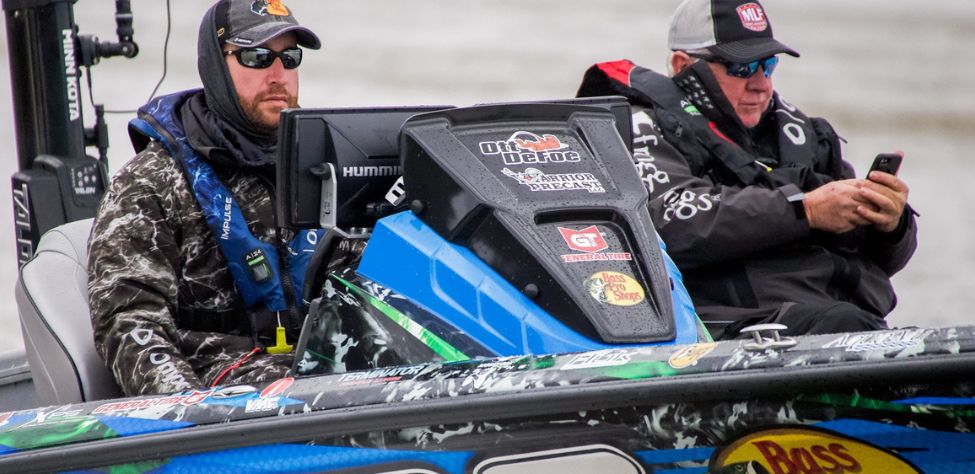
I knew that if I didn’t quit and could catch several big bass on the second day, I could return to the hunt to win the tournament. I decided not to return to the region I’d fished the first day. I knew I had to change how I was fishing on the second day; in other words, I had to throw everything out of my game plan that I’d learned in practice and on the first day. I knew I’d have to find some new water and a different way to fish if I wanted to catch bass on the second day.
Looking for more content? Check out our YouTube channel and watch “University of Alabama’s Collegiate Bass Fishing Team” by John E. Phillips.
Expert Guidebooks on Bass Fishing: Best Sellers

If you want to become the best you can be, find someone who’s already become the best at what you want to do and follow his or her instructions. This is what I’ve done in my new book, Bass Pros’ Season by Season Tactics.
In this book, I’ve chosen some of the best bass fishermen to give you advice on how to find and catch bass during each period of a bass fish’s life, including professionals like Kevin VanDam, Denny Brauer, David Fritts, Rick Clunn, Larry Nixon, George Cochran, Mark Davis, Woo Daves, Gary Klein, Davy Hite, Michael Iaconelli, Skeet Reese, Mark Rose, and Shaw Grigsby.
My hope is that this book will help you find and catch more bass at every time of the year and each day you’re on the water. The men included in this book are some of the best mentors I know of for successful bass fishing anywhere in the nation.
VERSIONS: AUDIBLE & PRINT
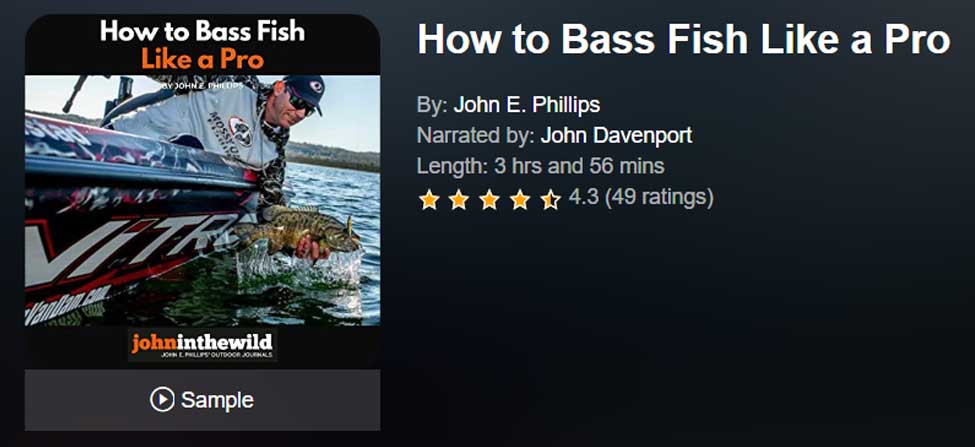
How to Bass Fish Like a Pro
If you could sit down and interview some of the best pro bass fishermen in the world, what would you want them to tell you to help you improve your bass fishing skills?
In this book, How to Bass Fish Like a Pro, Kevin VanDam explains how he catches bass consistently, and how he fishes all 12 months of the year. In the bonus chapters, he will tell you how to fish for hot-weather bass.
Denny Brauer will tell you the ways he hates to fish, how he picks the best fishing lures for different water and weather conditions, and will give you his best fishing tips for hot weather. In Brauer’s bonus chapters, he’ll teach you when to flip a jig, a tube, or a creature bait and tell you his three tips for how to be a better fisherman.
Mark Davis, in Chapter 3 of the book, explains his five secrets to becoming a better bass fisherman, how to turn your bass fishing around to the positive side, and how to catch hot-weather bass. In the bonus chapter, you’ll get six different interviews with Davis, where he tells you: three tips for becoming a better bass fisherman; his three favorite bass lures; and how to keep a big bass on the line and get it to the boat.
James Niggemeyer tells you how to become a bass pro. He also tells you how to catch bass when the weather sizzles. In Niggemeyer’s bonus chapter, he explains how to move from being a bass-club fisherman up to being a pro.
Mark Rose will explain his five favorite go-to bass lures, and how to catch bass in the middle of the summer.
In this book, you’ll hear from top-performing pro fishermen about how they catch big bass consistently, and what they do to win millions of dollars as professional bass fishermen.
VERSIONS: AUDIBLE, KINDLE & PRINT
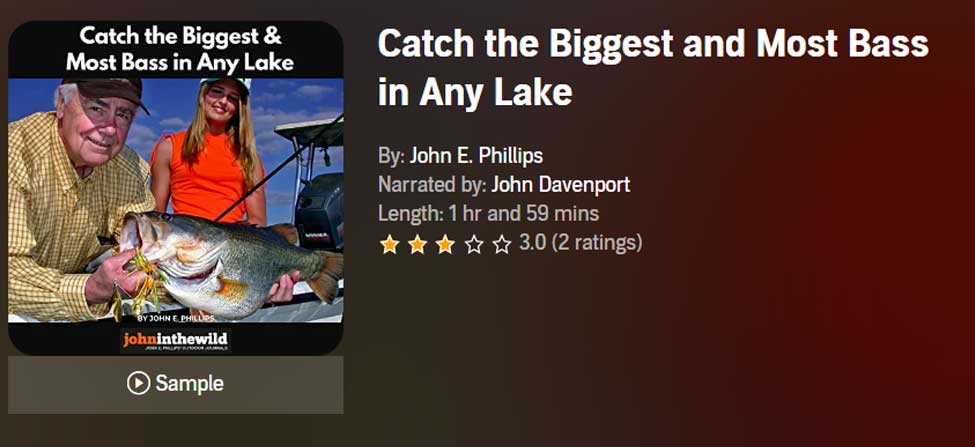
Catch the Biggest and Most Bass in Any Lake
If you were having open-heart surgery at the hospital, you’d want the best doctor with the most experience and the latest equipment and techniques that money could buy to do your operation. You’d study these doctors’ credentials to learn who was the best.
This is the same type of research that author John E. Phillips has done with the best bass fishermen in the nation to solve the problem of how to find and catch the biggest and the most bass in any body of water that he fishes.
This is the same type of research that author John E. Phillips has done with the best bass fishermen in the nation to solve the problem of how to find and catch the biggest and the most bass in any body of water that he fishes.
In this book, you’ll hear about the techniques, tips, baits, lures, and tackle that 18 of the nation’s best professional fishermen use to support their families by winning bass tournaments and catching the most and the biggest bass they can in every tournament they fish.
Most of these anglers are Bassmaster Classic winners, Megabucks winners, Angler-of-the-Year and FLW Tour winners – like Rick Clunn, Kevin VanDam, George Cochran, Mark Davis, Paul Elias, Skeet Reese, Larry Nixon, Hank Parker, Ken Cook, Denny Brauer, Alton Jones, and Jay Yelas.
Also, every serious bass fisherman should know Timmy Horton, Mark Rose, Randy Dearman, Harold Allen, Mike Wurm, and Shaw Grigsby, men whose tactics you’ll find in this book. To learn how to fish for bass and change your bass-fishing trips from fishing trips to catching trips, this book is a must-have.
VERSIONS: AUDIBLE, KINDLE & PRINT
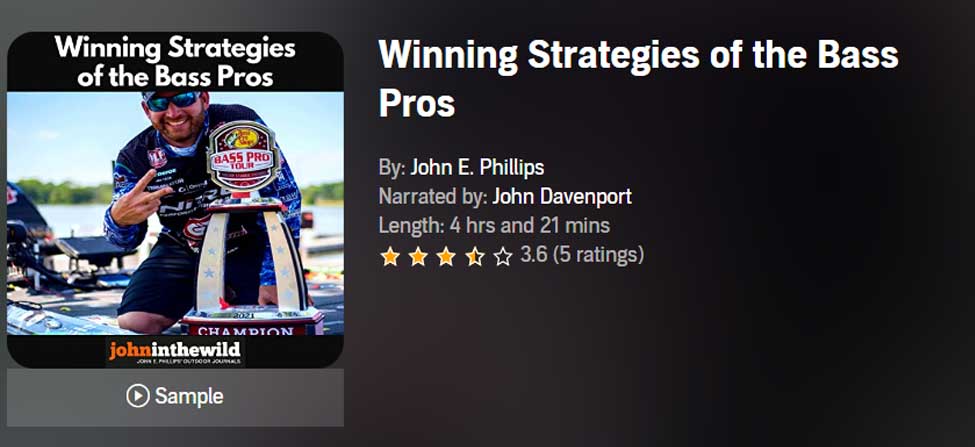
Winning Strategies of the Bass Pros
I learned many years ago if you want to be the best you can be, then you need to learn from the best – particularly when you want to be the best bass fisherman possible. That’s why I’ve written Winning Strategies of the Bass Pros about 11 top bassers.
If you’re wondering at what age you can start learning about bass fishing, you’ll see in the first two chapters about two young men who have come up through the ranks of collegiate bass tournaments – Jordan Lee, who won the Bassmaster Classic in 2017, and Dustin Connell, who won $100,000 in a B.A.S.S. Elite Series tournament in Mississippi in 2017. Top-name pros on both the B.A.S.S. circuit and the FLW circuit are in this book, including Kevin VanDam, Jay Yelas, George Cochran, Rick Clunn, Larry Nixon, Woo Daves, Randy Howell, Scott Canterbury, and Gary Klein.
VERSIONS: AUDIBLE, KINDLE & PRINT
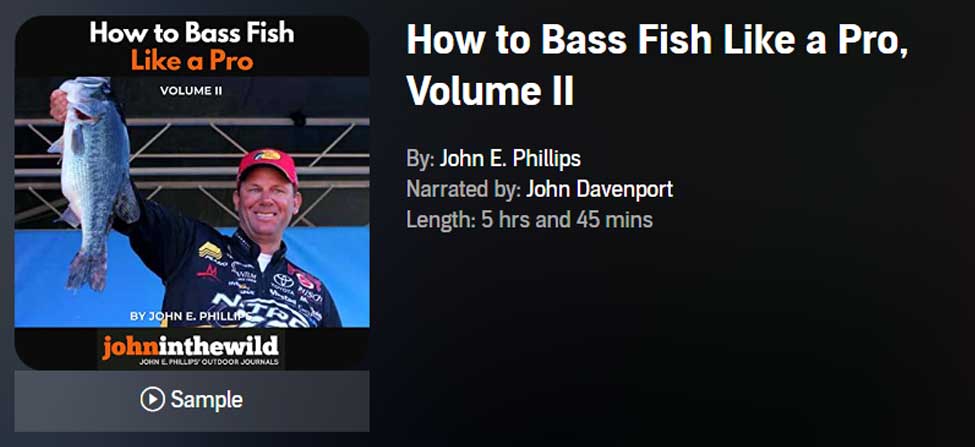
In How to Bass Fish Like a Pro, Volume II, you’ll learn tips and tactics from 21+ Bassmaster Classic winners, two Major League Fishing champions, and 20+ Bassmaster Anglers of the Year about some of the dramatic changes in bass fishing, like:
Depth Finders: You need the latest and greatest depth finders available, since they’re the brains of a bass boat with maps, GPS, side scanning, down scanning, and forward scanning features that enable you to see underwater structures and fish 100-feet away with a 360-degree view. Today’s competitive bass anglers may have four or five depth finders located on the consoles and the bows of their boats.
Other Changes in Equipment: Power fishing for bass using heavy line and rods, big baits, and bait-casting reels that resemble winches have given way to finesse fishing and new techniques like fishing the Ned Rig, the Neko Rig, the Chicken Rig, and the Tokyo Rig on spinning tackle and line as small as 6-10 pounds.
The Growth in Youth and College Competitions for Bass: A young person can begin competition fishing as early as the second grade and continue throughout high school. After that, if the competitor qualifies, he/she may win a scholarship to fish on a college team that eventually may lead them to a professional bass-fishing career.
Changes in the Ways Anglers Bass Fish: Many of the most-consistent winners never pick-up their rods to fish during pre-fishing. Instead, they’ll idle across the water, dropping waypoints from their electronics in places where they’ve identified schools of bass holding. These contestants will have at least 50-250 locations, where they’ve pinpointed schools of bass before a tournament starts.
VERSIONS: AUDIBLE, KINDLE & PRINT
Tomorrow: Ott DeFoe’s 60 Pounds of Comeback Bass

